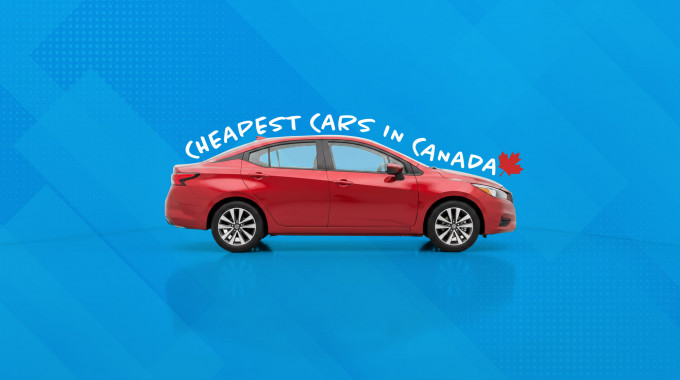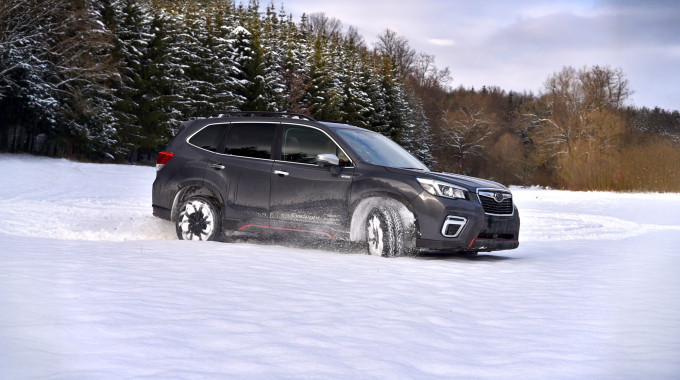
Smart Cars vs. Intelligent Cars
A lot of people aren’t familiar with how these cars differ when compared to one another. Here’s how to tell the difference between a smart car and an intelligent car...
For over five decades cars have been adapting to the wave of our technological advancements, and breakthrough electronics are becoming a key feature in vehicles. We are in the transitional phase of the auto industry’s future, and “smart cars” and “intelligent cars” are the reigning champions.
Smarter-car technologies factor in performance reconstruction, radio transceivers and computer-controlled devices. A lot of people aren’t familiar with how these cars differ when compared to one another. Here’s how to tell the difference between a smart car and an intelligent car:
Smart Cars
When you think of a smart car, a cube on wheels might come to mind. This car was developed to be fuel efficient, environmentally friendly and easy to park. Weighing only 1,500lbs, it’s the lightest 4-wheel-vehicle on the road and ironically, given its size, one of the safest. The entire car is covered with a safety shell that encloses the interior and provides a frame that can lessen the impact of an accident, as its weight to height ratio assures great stability on the road. How the smart car was designed is unlike any other car – its physical features were made to help drivers bypass dangerous situations.
So what if bypassing dangerous situations could be pre-determined from the inside of a car? That’s where an intelligent cars come in.
Intelligent Cars
Features that are built into intelligent cars are revolutionizing the driving experience: self-contained sensors that can communicate to other vehicles on the road, emergency warning validation and instant information to drivers about traffic are just some of the advancements that intelligent cars have. These cars function through artificial intelligence, so step-by-step actions made by the driver are generated into a model of predicted behavior that the car can recognize and perform on its own. The entire car is autonomous and changing the driving experience.
Smart and intelligent cars are often perceived as one in the same, and understandably so given the similarity of their names. However, they both operate with individual functions that distinctively set them apart. These future generation cars aren’t fixated on hybrid work engines or alternative fuels; they’re built to make their own decisions.







